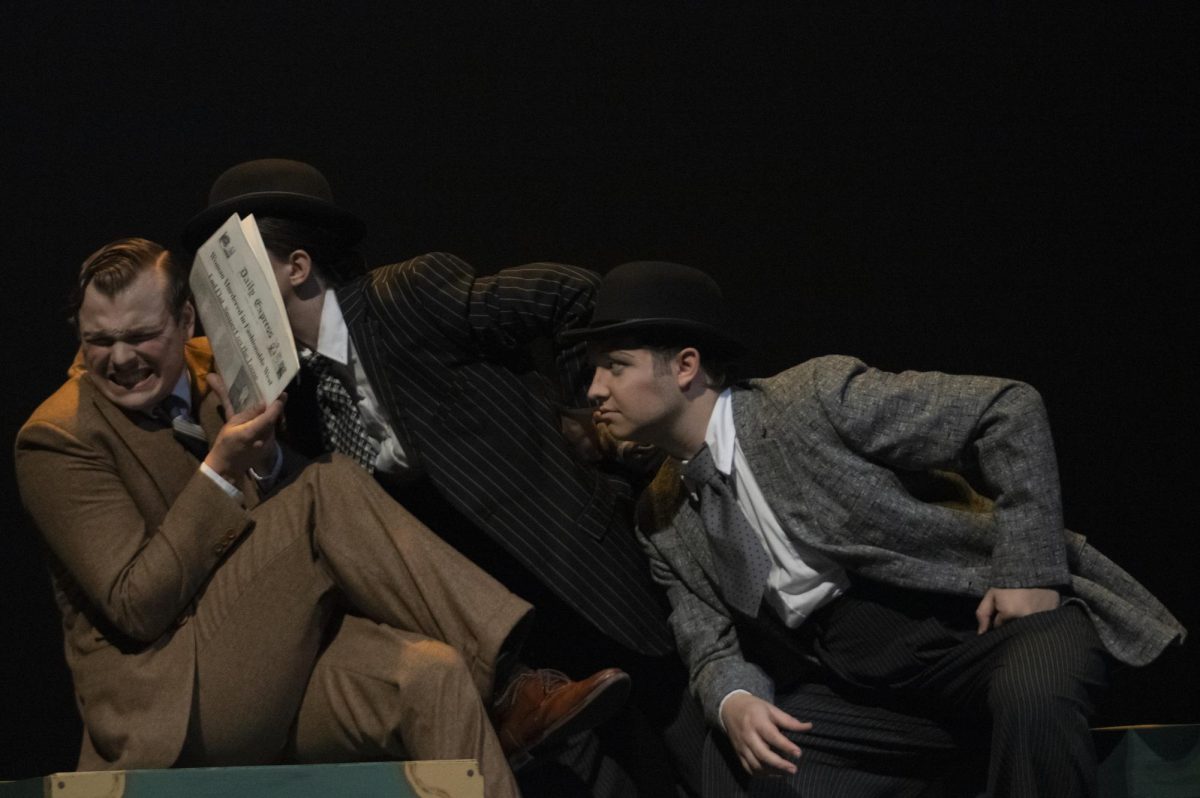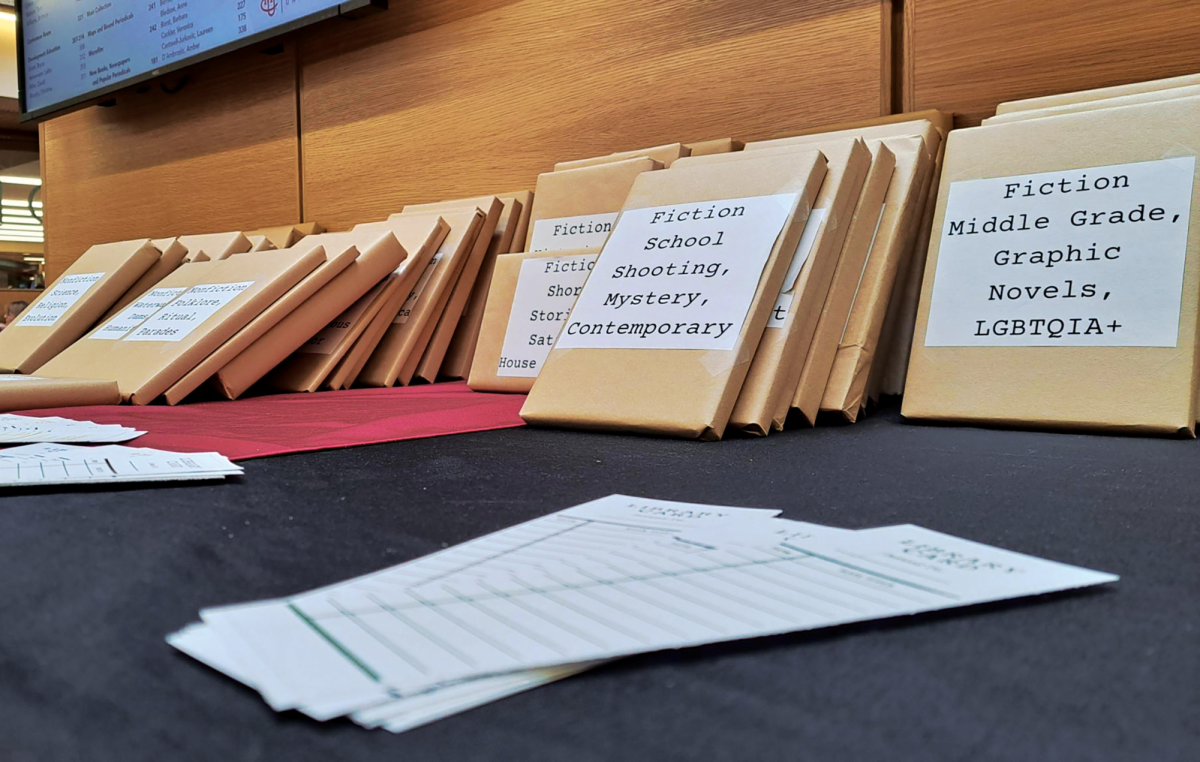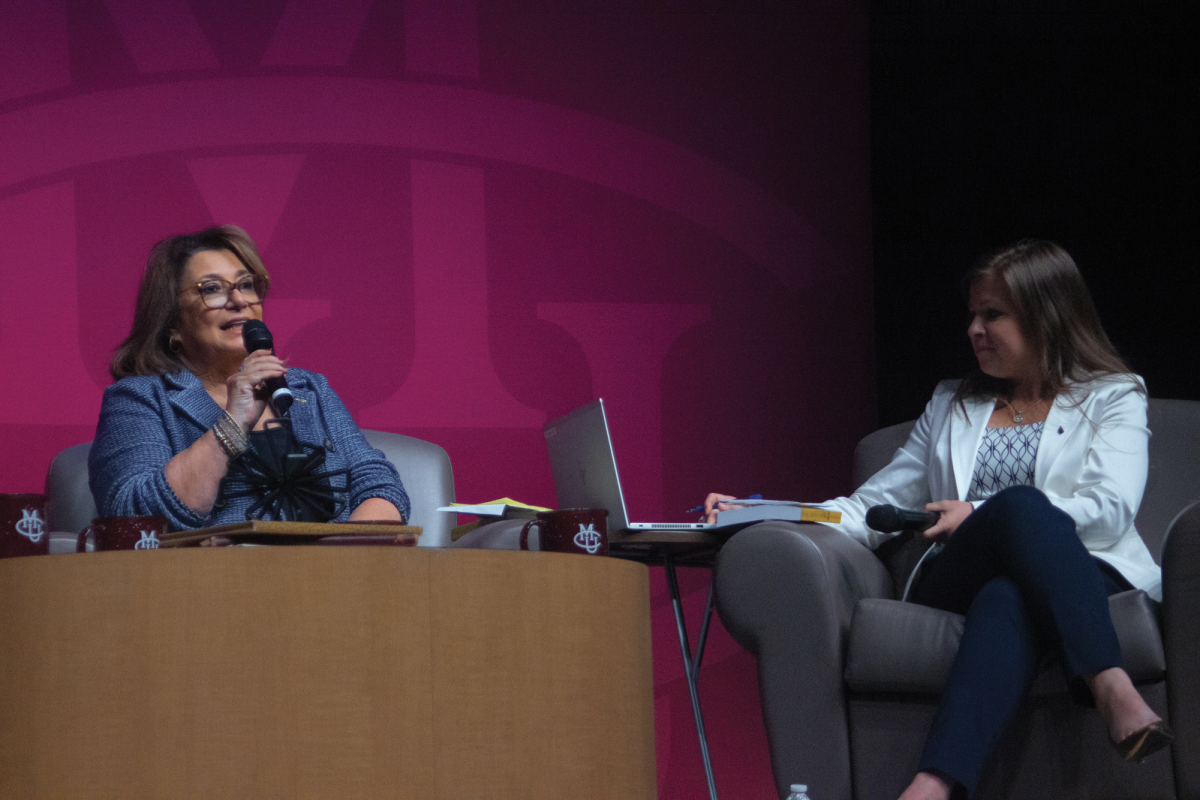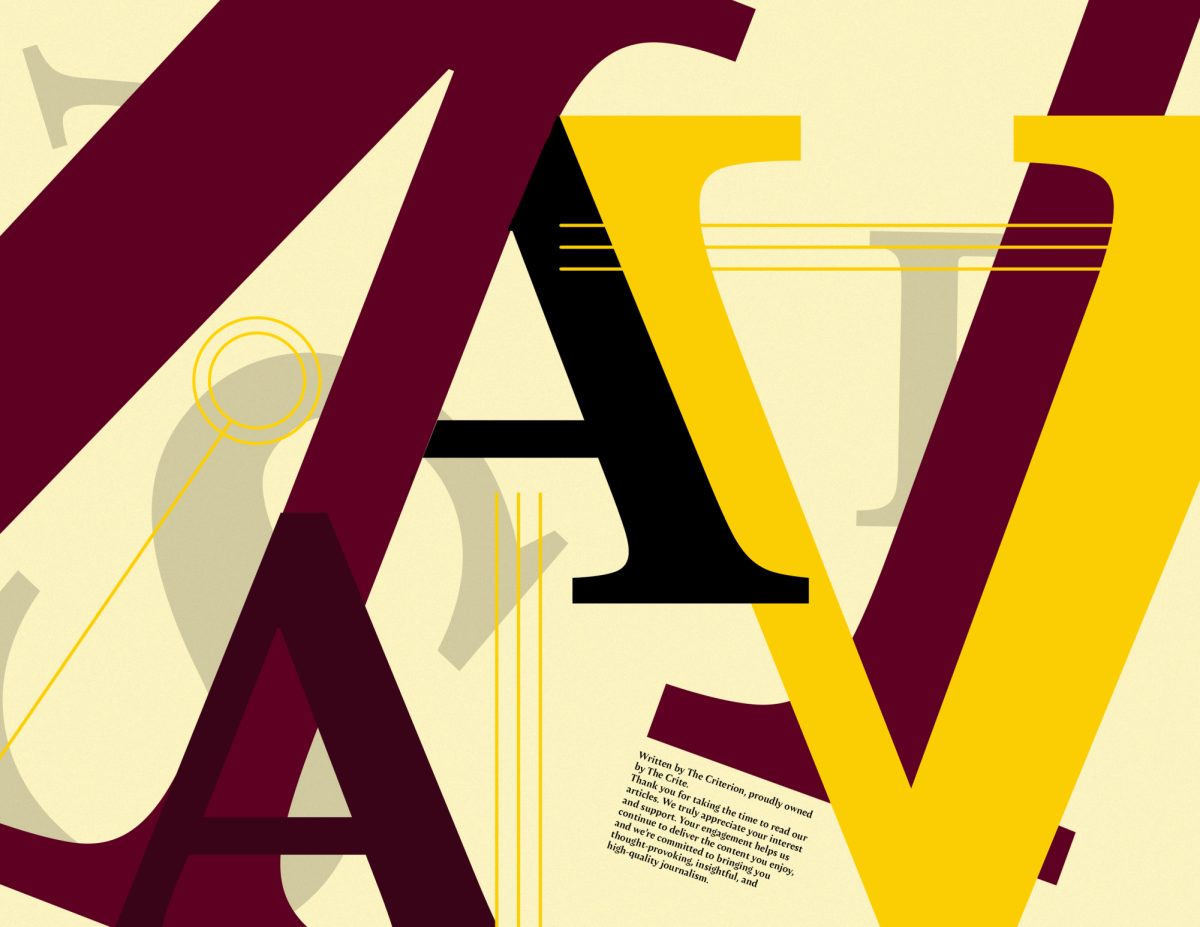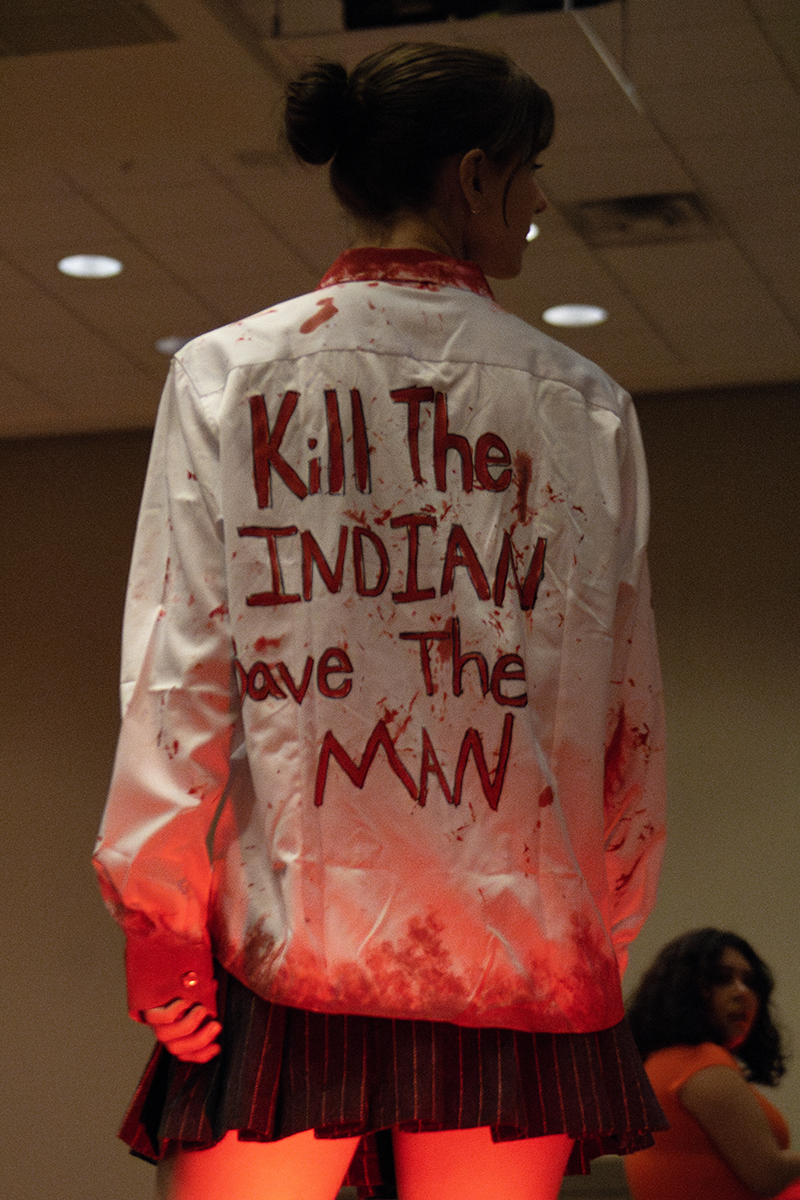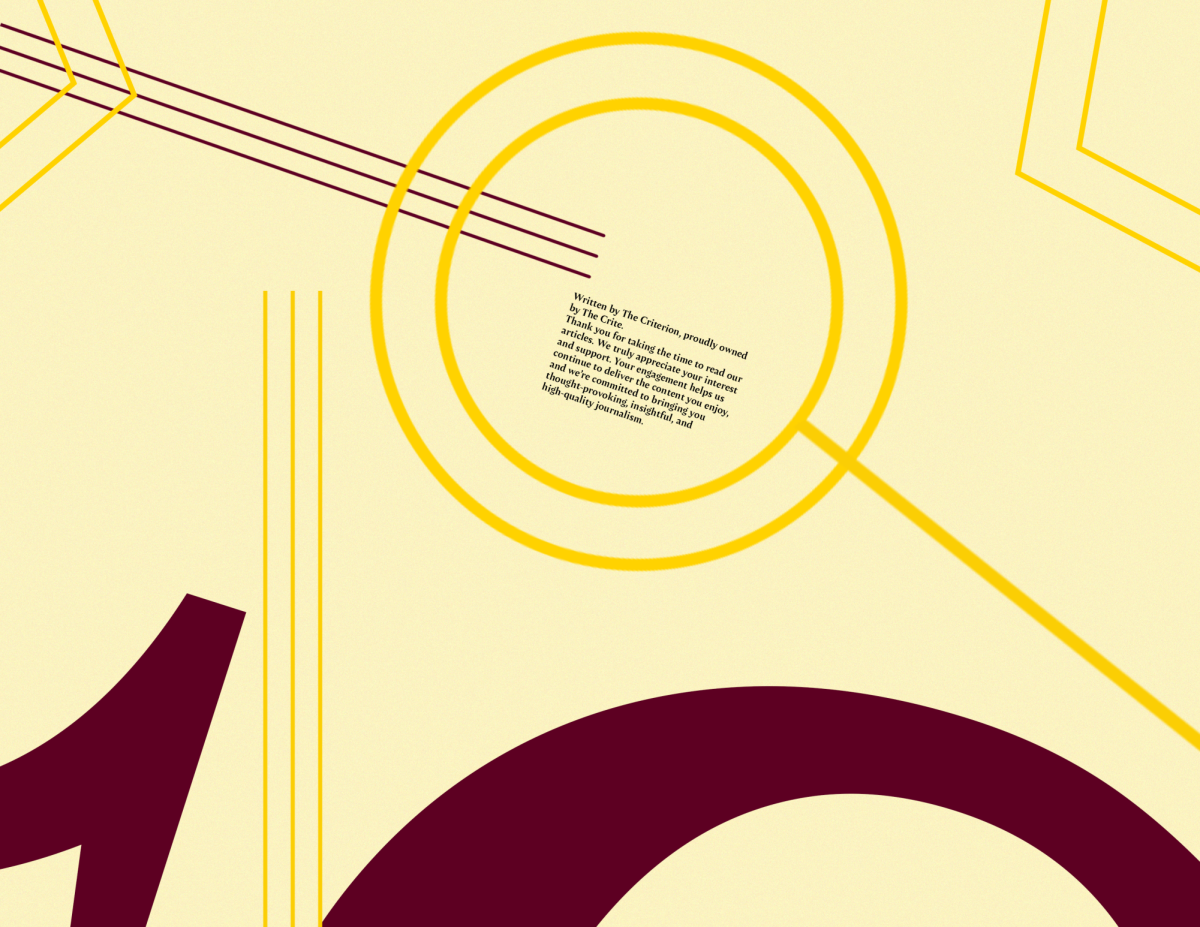On the top floor of Lowell Heiny Hall at Colorado Mesa University, the Student Veteran Services office strives to assist former military members throughout their college careers. Cody Kem, who served in the Navy from 2009 to 2014, works at Student Veteran Services and uses his own military experience to be a resource for other CMU students.
Kem currently works as a PAVE (Peer Advisors for Veteran Education) team leader: he helps incoming veteran students navigate the transition into college, including financial processes and readjusting to a different pace.
“I’m a resource to help them find the stuff they need,” Kem said. “If they need help navigating paperwork […] VA claims are always a big one. My job now is to help new veterans to the school and to acclimate to a college lifestyle.”
Transitioning to a post-secondary education without the assistance of a high school counselor can be a challenging process. Student Veteran Services helped guide Kem through the paperwork and logistics of starting college, making for a smoother adjustment.
“Veteran services have helped me a lot,” Kem said. “Rather than leaving at 18 to come straight to college, where you have a counselor helping you, I decided that 25 years old… was a good time to go to college, and there’s not a lot of resources.”
For Kem, one of the most difficult adjustments is the age difference; at 26 years old, he has more life experience than most students in the typical college age range.
“It’s different… It’s hard sometimes, with 18-year olds, to be like, ‘Hey, I was there once. I remember being you and having a different point in life… I know what you’re going through, but you have no idea where I am.’”
While relating to younger students on campus is difficult, Kem also says the veteran community at CMU allowed him to join a circle of friends. Many student veterans gather in the Veteran’s’ Lounge in Houston Hall, as well as congregating in university organizations such as the Student Veterans Association (SVA).
“This campus has a pretty good veteran population… groups where I get to know a lot of the other guys who have had similar experiences. We talk and hang out, and build a community together, so there are other people who can kind of relate.”
He also says the community extends beyond campus.
“We build friendships with people I would’ve never met if we were just students here. We’re all in different programs, so it’s sometimes hard to find other veterans in similar positions on campus. It’s been a way to meet and greet, and we hang out, not just at school functions. We’ve become good friends… so we’ll just meet up for no reason whatsoever.”
Kem is in his second year, majoring in mechanical engineering through a partnership with the University of Colorado (CU). Originally from Grand Junction, he worked as an aviation electrician in the Navy at Whidbey Island, Washington, then took three years off to work in the oil fields before continuing his education at CMU.
“I’ve dealt with a lot of engineers… I figured I might as well work towards them and work with them,” Kem said.
After being in an exclusively hands-on environment in both the military and following work, Kem found it difficult to adjust back to a classroom setting. He says he is accustomed to being told to figure out a problem on his own, not being formally taught the procedure to do so.
“It’s a different kind of lifestyle, being back at college. Back to this routine of school and having to sit down in these classes for long hours… I’ve always worked with my hands, so it’s hard sometimes to sit and focus,” Kem said. “That’s been a challenge—reacclimating back to what it is to be in an education system where you’re trying to learn and pick up new stuff from a classroom, not on the job. The military was a lot of on-the-job… it’s weird to get used to.”
For Kem, the primary overlap between military and college experience is the set of skills one must acquire in order to stay on task.
“Do as you’re told, be where you need to be, be on time, but that goes with everyone. Those are good values for life in general,” Kem said.
On campus, Kem notices the assumptions surrounding what it means to be a veteran student.
[media-credit id=114 align=”alignright” width=”300″] [/media-credit]
[/media-credit]
“[For me], it’s no different than someone who went out and got a job. I was an aviation electrician, so I fixed planes: the same thing they do at West Star Aviation, just on military aircraft,” Kem said. “It’s just different being older. If you went to work first and then came here, it’s the same kind of lifestyle, just different jobs.”
Having a military background may not entail what students typically assume; veterans come from a diverse range of roles and positions.
“We’re veterans, but we’re here and we just come from a different job,” Kem said. “The big difference is that we worked right away while some people didn’t. Some people just hear ‘veteran’ and there are some connotations that come with it. Some are good and some are bad, but people just assume, and it’s been a little different that way. You have this, ‘Oh, you’re a veteran, so you fit this category.’ Well, yes and no.”
With a substantial veteran population on campus, CMU’s Student Veteran Services and other veteran organizations will strive to help former military members adjust to a college lifestyle.



